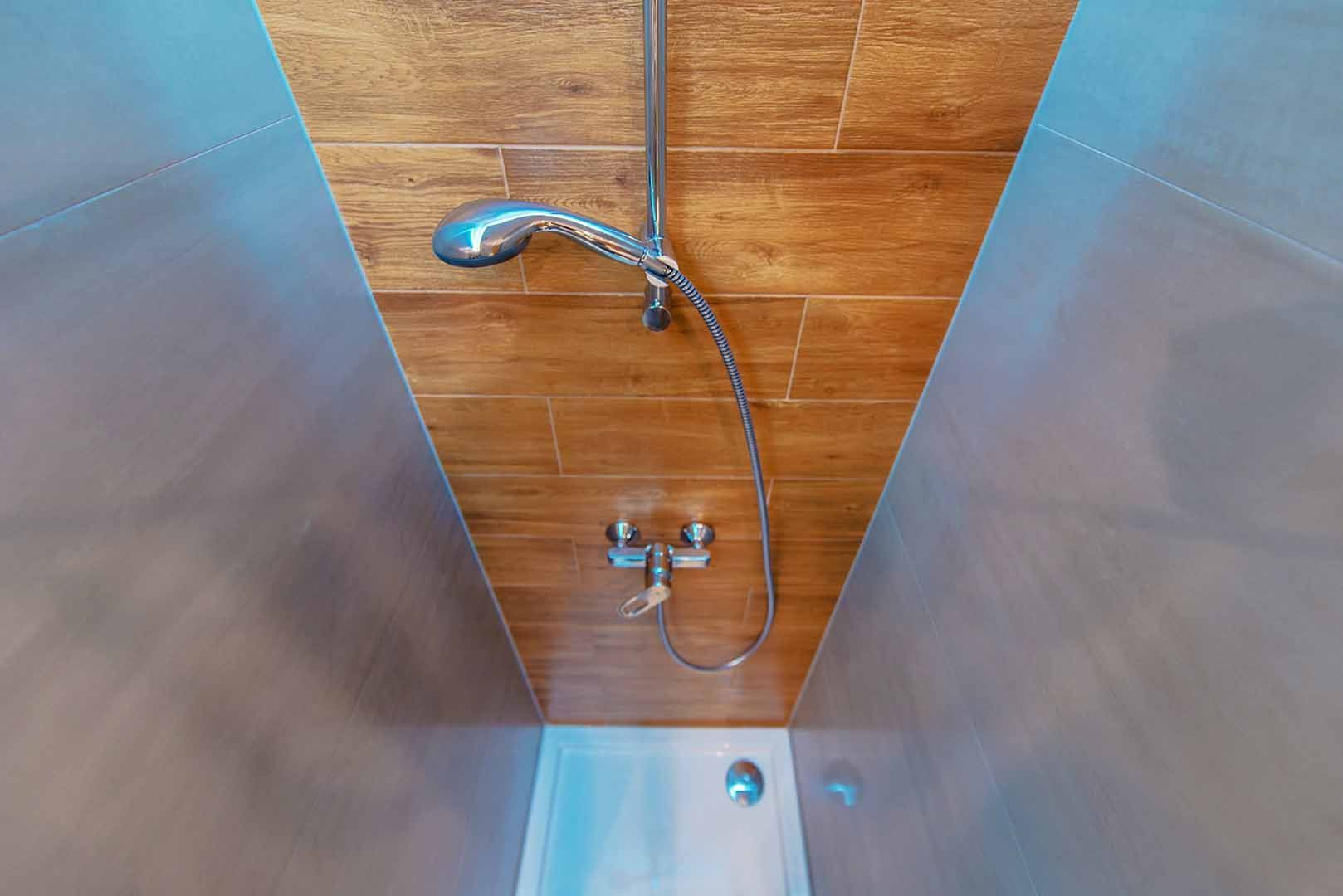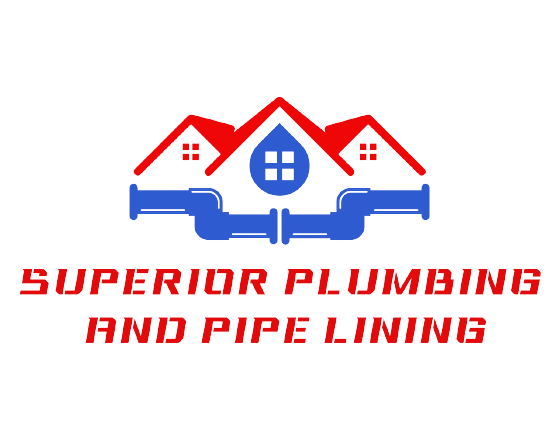
Why Is My Shower Body Making Noise?
- A clogged showerhead pipe can restrict water flow, causing noise.
- Shower wall noise often comes from loose or unstable pipes.
- A faulty diverter valve may create squealing or inconsistent water flow.
- High water pressure can cause a high pitch sound or water hammer.
A shower is supposed to be a peaceful place where you can unwind, refresh, and start or end your day on a good note. But when your shower starts making strange noises, that relaxation can quickly turn into frustration. From a mysterious high pitch sound to odd creaks coming from the walls, these noises are often a sign that something’s not quite right with your plumbing.
Plumbing issues like a clogged showerhead pipe, a faulty diverter valve, or even shower wall noise are common but fixable problems. In this article, we’ll explore the most frequent culprits and what you can do to address them.
Common Types of Shower Noise and Their Causes
When your shower starts making noise, it’s important to identify the type of sound you’re hearing. Each kind of noise points to a specific issue in your plumbing system. Let’s break down the most common shower noises and what they mean:
1. High Pitch Sound
A high pitch sound coming from your shower can be both irritating and concerning. This noise is often caused by water flow issues or a faulty part within the shower body, such as the cartridge or diverter valve.
Here are some possible causes of that sharp whistling noise:
- Mineral Buildup: Over time, mineral deposits can accumulate in the showerhead or pipes, restricting water flow and causing a whistling sound as water forces its way through.
- Worn-Out Components: A damaged or old diverter valve (the part that controls water flow between the tub spout and showerhead) can cause high-pitched noises during use.
- Water Pressure Issues: Excessively high water pressure can lead to a high pitch sound, especially as water flows through small openings in the showerhead.
The solution may involve cleaning the showerhead, replacing the diverter valve, or adjusting your home’s water pressure. A plumber can quickly pinpoint and resolve the issue.
2. Shower Wall Noise
If you hear banging, creaking, or rattling sounds from the walls when the shower is in use, it’s likely shower wall noise caused by unstable or loose pipes.
This type of noise often occurs when water flows through pipes that aren’t securely fastened to wall studs or brackets. The movement of water creates vibrations, which then translate into audible noises inside your walls. Over time, this can lead to wear and tear on the pipes, potentially causing leaks or damage.
To fix shower wall noise, a plumber may need to open the wall to secure the pipes properly. In some cases, they can install padding or insulation around the pipes to prevent them from rattling.
3. Clogged Showerhead Pipe
A clogged showerhead pipe can restrict water flow and lead to uneven pressure, which often results in strange noises.
Common causes of pipe clogs include:
- Mineral Deposits: Hard water can cause limescale buildup inside the pipe, blocking water flow.
- Debris: Small particles, such as rust or sediment, can accumulate over time and create a clog.
- Improper Drainage: If the clog is severe, water can back up into the pipe, increasing pressure and causing gurgling or whistling noises.
If you suspect a clogged showerhead pipe, start by removing and cleaning the showerhead itself. If the noise persists, it’s likely that the clog is deeper in the pipe, which will require professional attention to clear.
4. Diverter Valve Issues
The diverter valve plays a key role in controlling whether water flows through the tub spout or the showerhead. When this component is damaged or malfunctioning, it can cause several types of noises, such as squealing, humming, or clicking.
Signs of a faulty diverter valve include:
- Inconsistent water flow between the tub and shower.
- A high pitch sound when turning the valve.
- Difficulty switching between the tub spout and showerhead.
If you’re experiencing these symptoms, replacing the diverter valve is often the best solution. A plumber can help ensure the new valve is installed correctly and operates smoothly.
5. Water Hammer
Another common cause of noisy showers is water hammer, which occurs when water flowing through the pipes suddenly stops or changes direction. This can create a loud banging sound and is typically caused by high water pressure or poorly secured pipes.
Water hammer can lead to long-term damage to your plumbing system if left unaddressed. Installing water hammer arrestors or pressure regulators can help prevent the issue.
Why You Should Address Shower Noise Quickly
While it may be tempting to ignore an odd noise coming from your shower, doing so could lead to bigger problems down the line.
For example:
- Ceiling Water Damage: A persistent clogged showerhead pipe or leaking diverter valve could cause water to seep into the walls or ceiling.
- Increased Repair Costs: Delaying a fix often leads to more extensive damage, requiring costly repairs later.
- Reduced Efficiency: A noisy shower could be a sign of water pressure issues or clogged pipes, both of which can waste water and increase utility bills.
Call Superior Plumbing for Professional Shower Repairs
Noisy showers don’t have to disrupt your day—or your peace of mind. Whether it’s a clogged showerhead pipe, a faulty diverter valve, or shower wall noise, the experts at Superior Plumbing can help.
Our team specializes in diagnosing and repairing plumbing issues quickly and efficiently, so you can get back to enjoying your shower without the unwanted soundtrack. Contact Superior Plumbing today to schedule a consultation and let us solve your noisy shower problems once and for all!
